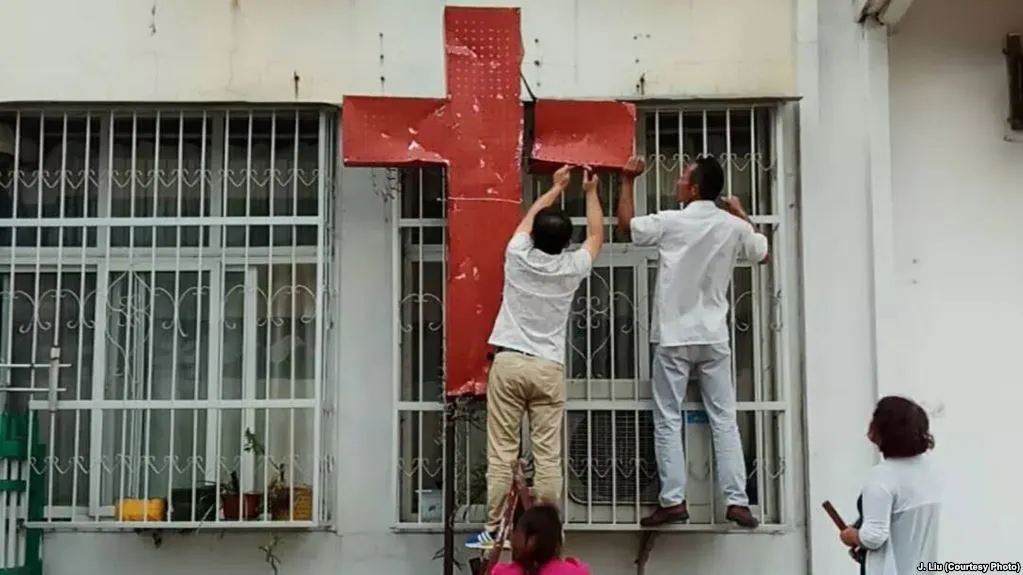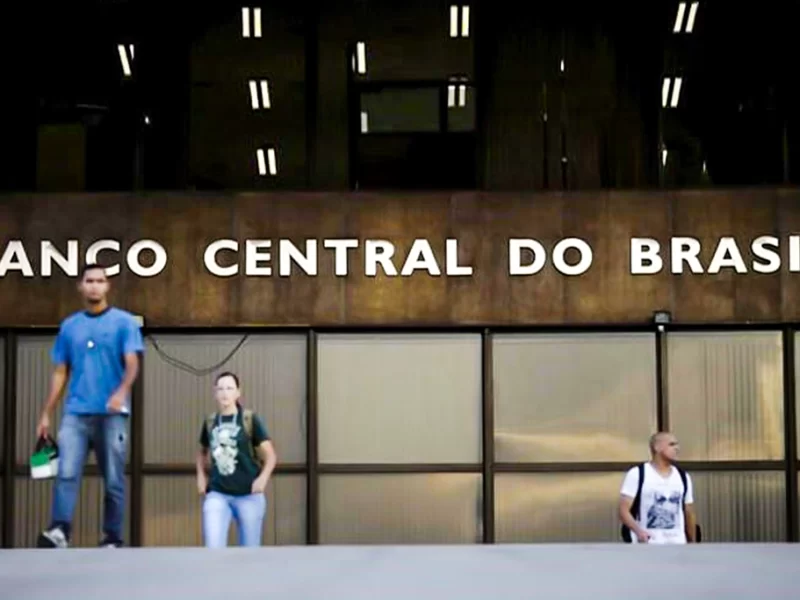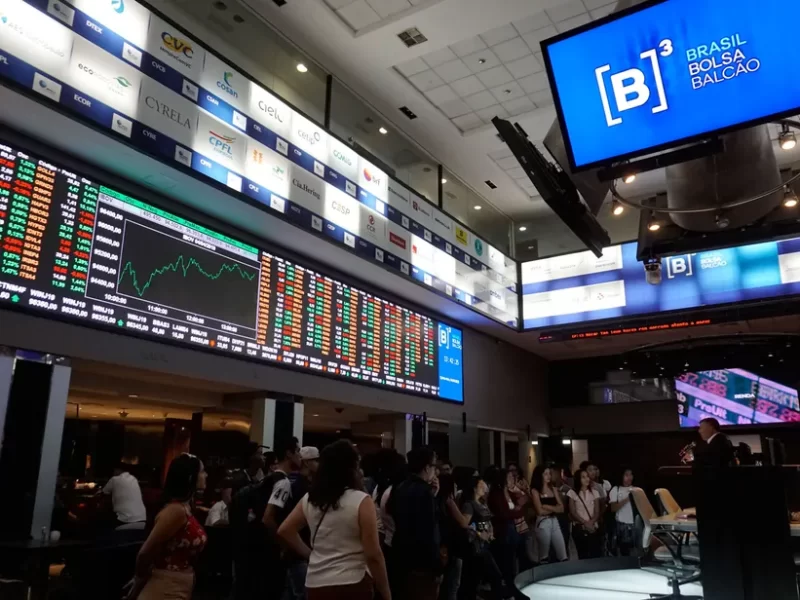Recently, Chinese police raided a Catholic church in Wenzhou, forcibly preventing Father Jin Mengxiu from conducting Sunday mass.
The incident highlights China’s growing crackdown on religious activities, particularly targeting Christians. The raid came from a complex situation in the local Catholic community.
Months ago, Father Ma Xianshi announced a controversial plan to change parish boundaries. The state-controlled Chinese Catholic Patriotic Association (CCPA) supported this unauthorized decision, causing confusion among believers.
Father Jin tried to hold Mass in a church no longer used for pastoral care. He believed that only a bishop could change parish boundaries, as church law says. In an open letter, Father Jin noted that such changes had not occurred in other dioceses in Zhejiang province.
The conflict centers on the Chinese government’s control of religious affairs through the CCPA. Bishop Shao Zhumin, the Vatican-recognized leader of Wenzhou since 2016, refuses to join this state-sanctioned group.


As a result, the local authorities have repeatedly arrested and detained him. Authorities arrested Bishop Shao again in January 2024 after he objected to the diocese’s unauthorized changes.
His whereabouts remain unknown to his followers. Officials often make him disappear during major holidays, preventing him from leading services. This Wenzhou incident reflects a broader pattern of religious persecution in China.
Defiant Christian priest challenges China’s iron grip on faith
Christian persecution has reached its worst level in 40 years. The government has closed thousands of churches and imposed strict rules on religious activities.
The policy of “sinicization” of China aims to align religious practices with the ideology of the Communist Party. This has led to the destruction of religious symbols and disruption of services. Millions of Christian children have been forced to sign forms renouncing their faith.
Digital surveillance plays a key role in government control efforts. Facial recognition cameras monitor church congregations. A “religion smart app” requires churchgoers to upload personal information before attending services.
Legal persecution of Christians has increased. Authorities often arrest church leaders on charges of fraud or illegal religious activity. Some Christian students cannot obtain passports to study abroad in religious schools.
The level of persecution is alarming. In 2023, authorities closed at least 10,000 churches in China. Globally, over 365 million Christians faced high levels of persecution and discrimination.
Father Jin’s effort to celebrate Mass shows his commitment to his congregation. He argues that his actions prevent the community from losing spiritual support and maintain social harmony.
This situation attracts the attention of human rights advocates and religious leaders around the world. The Wenzhou War represents the largest conflict between religious freedom and government control in China.



